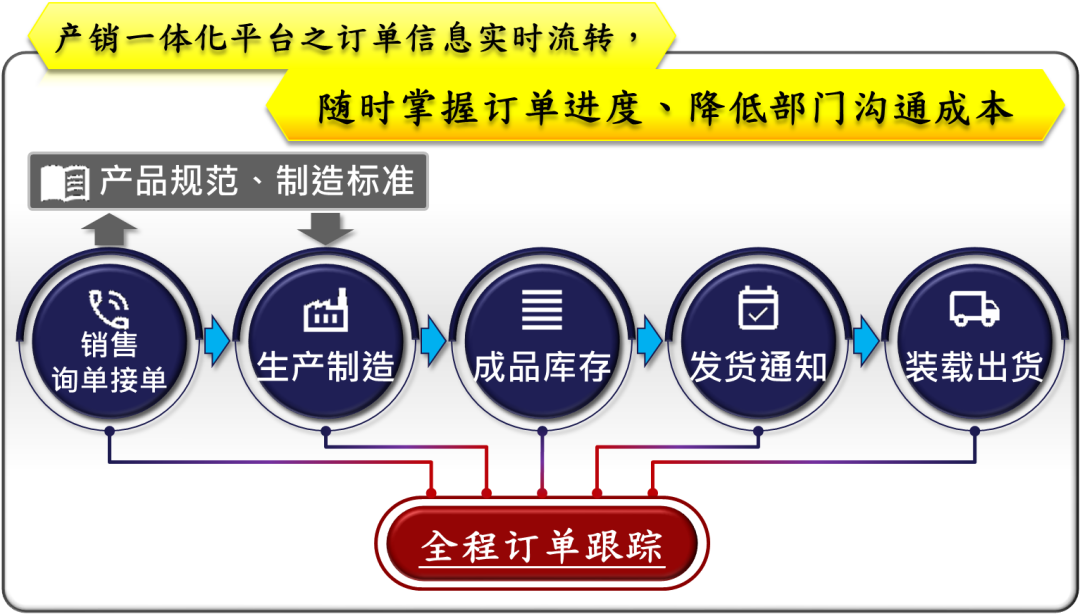Domestic steel enterprises generally implement ERP and provide operational functions such as inquiry, order acceptance, price maintenance, delivery notice issuance, collection, sales settlement, and customer credit management in the sales management module to support the company's sales business. However, for the steel industry, with the increasing number of futures sales orders and customized orders, various types of missing sales systems on ERP have emerged one by one, becoming an issue that must be faced in enterprise informatization or upgrading and transformation planning. 1. As the company's customization capabilities improve, the difficulty of pricing adjustment and maintenance increases dramatically. 2. When a salesperson accepts an order, he or she often contacts the production department or technical department back and forth to inquire about the customer's custom requirements such as specifications, sizes, test performance, packaging, etc., to inquire about the technical support in the factory, and the delivery time and shipment volume that can be promised to the customer. 3. The more custom requirements, the more difficult it is to predict profit and cost before taking orders, and the more complicated production and quality inspection execution after orders are completed. 4. In the face of customer inquiries about the progress of scheduling, production and shipment of sales orders, a large amount of manual information is needed to reply. 1. Price management:ERP price setting is a pre-pricing model for material numbers (based on BOM tables), rather than dynamically combining the pricing model with product attributes. Therefore, the scale of material number data increases exponentially with customized demand, so that price data can be maintained. 2. Order review and delivery forecast: When taking orders, without the support of the quality and production planning module, quality review and delivery forecast cannot be carried out simultaneously. Instead, manual judgment must be supplemented by means of manual judgment, which affects the efficiency of orders and mis-receives orders that cannot meet customer requirements in terms of technical and time course. 3. Calculation of the benefits of order acceptance: When ERP accepts orders, there is no support from the cost module, or when the cost module on ERP fails to provide cost data for each process, the sales order cannot immediately collect costs for each process, making it difficult for the calculation results of order acceptance to reflect the process investment. 4. Order tracking and shipment control: Due to the complex relationship between the furnace, blank and batch during the custom-made production process, when ERP cannot obtain the production plan or performance of each inventory identification number (ID) on each production line MES, it is difficult to track the production and shipment status of the order, which in turn affects customer satisfaction. Especially when there is a problem with shipment control, it is very easy to cause warehouse blockage, traffic jams entering the factory or traffic jams leaving the factory, which indirectly affects production.
 上一篇
上一篇
 下一篇
下一篇


 2021-11-26
2021-11-26 ICSC News
ICSC News



